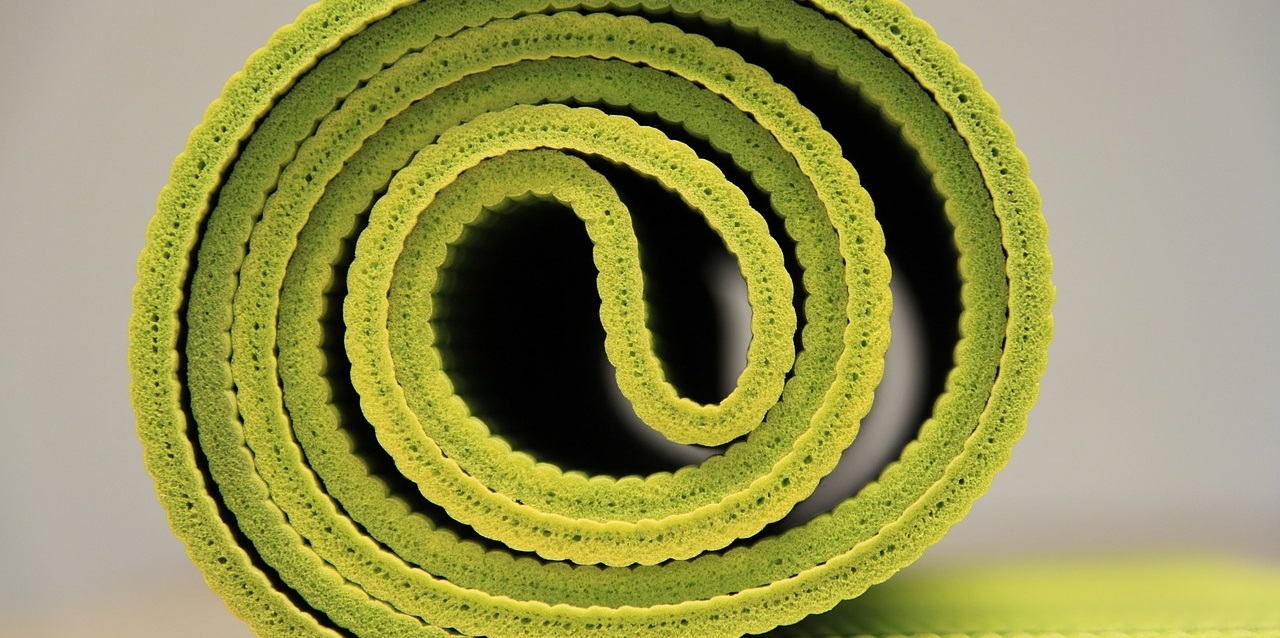
24 Nov 4 ways yoga retreats are proven to reduce stress
We all know that stress can have a negative impact on our health and our life. Stress induces a variety of symptoms such as panic attacks, migraines, head-aches, phobias and many other health issues.
Stress-relief is one of the main reasons we combine the best parts of a yoga retreat with digital detox on our digital detox breaks. After attending one we guarantee you will leave feeling relaxed and stress free. At our retreats we believe that daily yoga practice combined with the experience of a full digital detox is THE best way to reduce stress for those who attend.
The daily schedule of events on any digital detox break always includes daily yoga practice allowing those who attend those sessions to focus on relaxation through controlled breathing, meditation and pratyahara.
There have been many studies over the years showing how yoga reduces stress so we know that you will leave our retreats feeling relaxed and energised, as all our past guests have.
Four reasons why yoga works particularly well to reduce stress on a yoga retreat are:
-
Controlled breathing
Yoga involves not just the body, but also the breath. This means that it is not only a great form of exercise but the deep, slowed rate of breathing during meditation is proven to slow down and calm the body and mind. This reduces stress and is proven to improve the immune system.
How we breathe can be both a cause and a result of experiencing stress. The link between breathing patterns and state of mind shows that shallow, rapid breaths (how people breathe most of the time) can actually in itself cause stress.
It is proven that breathing exercises help our body to relax. The relaxation response is a physical state of deep rest that changes the physical and emotional responses to stress. These breathing exercises, also known as pranayama are taught as part of the yoga practice.
In addition, a study has shown that specifically partaking in a form of chanting yoga meditation for as little as 12 minutes each day, for eight weeks, led to a reduction in the biological mechanisms responsible for an increase in the immune system’s inflammation response.
At our yoga retreat that also incorporates a digital detox; daily yoga practice with pranayama will reduce stress and relax the body.
-
Sensory control
Pratyahara, or the ‘withdrawal of the senses’ is the fifth of Patanjali’s eight-limbed path of yoga and is an important tool for stress reduction.
Pratyahara allows you to control your senses in order to reach a state of relaxation. During everyday life you may not fully appreciate it but those constantly ringing phones, noisy TVs and blaring radios activate the response of the sympathetic nervous system.
The sympathetic nervous system is one of the two main divisions of the autonomic nervous system – the other being the parasympathetic nervous system. The sympathetic nervous system’s primary function is stimulating the body’s fight-or-flight response – which regulates your heart rate, digestion and breathing rate.
Most of us add to our sensory overload by reflexively picking up our phones or turning on the TV or radio whilst we eat, or sit down to relax. However this does not help to relax at all. It is really important to shut down all technology and screens to help reduce stress.
By having a ban on all things digital at our yoga retreats combined with digital detox, guests are able to enjoy the experience of relaxing without any digital devices to distract them. This increases the parasympathetic nervous system’s response, increasing relaxation and decreasing the sympathetic nervous system’s fight-or-flight response.

-
Boosting feel-good brain chemicals
Yoga is proven to boost levels of feel-good brain chemicals such as GABA, serotonin and dopamine. These chemicals are responsible for the feelings of relaxation and contentedness.
A study published in the Journal of Alternative and Complementary Medicine tested 19 individuals partaking in a 1-hour long yoga session. The results showed that GABA (gamma-aminobutyric) levels increased by 27 per cent on average. GABA is a chemical in the brain that is a neurotransmitter which has a calming, anti-anxiety effect.
Low levels of GABA are linked with anxiety and depression and by partaking in daily yoga sessions you could well reduce the feeling of anxiety and depression. At our yoga retreats with digital detox because we carry out a daily yoga practice this will boost the feel-good brain chemicals, resulting in a relaxing and calming effect on the mind and body.
-
Daily exercise
Exercise is proven to reduce stress by pumping up endorphins, which leads to a feeling of euphoria. Regular exercise can relax you and it also improves overall mood.
It has been shown that people who exercise every day reduce their risk of anxiety and stress levels by more than 40%
At our yoga retreat combined with digital detox you will partake in daily yoga sessions, but we also promote other forms of daily exercise such as mindful walks and bike rides to help reduce stress. Studies show that daily physical activities such as walking and weight lifting are the best exercises to help people feel less anxious.
Exercise allows you time to forget about any irritations that have happened throughout the day, whilst you are concentrating on the activity at hand – causing you much less stress.
If you’re feeling stressed and want to reduce that, why not try out a yoga retreat that combines digital detox? Visit our Digital Detox retreats page to see our complete calendar for the year – including all the locations we are visiting and the activities we’ll be doing on a daily basis.




Sorry, the comment form is closed at this time.